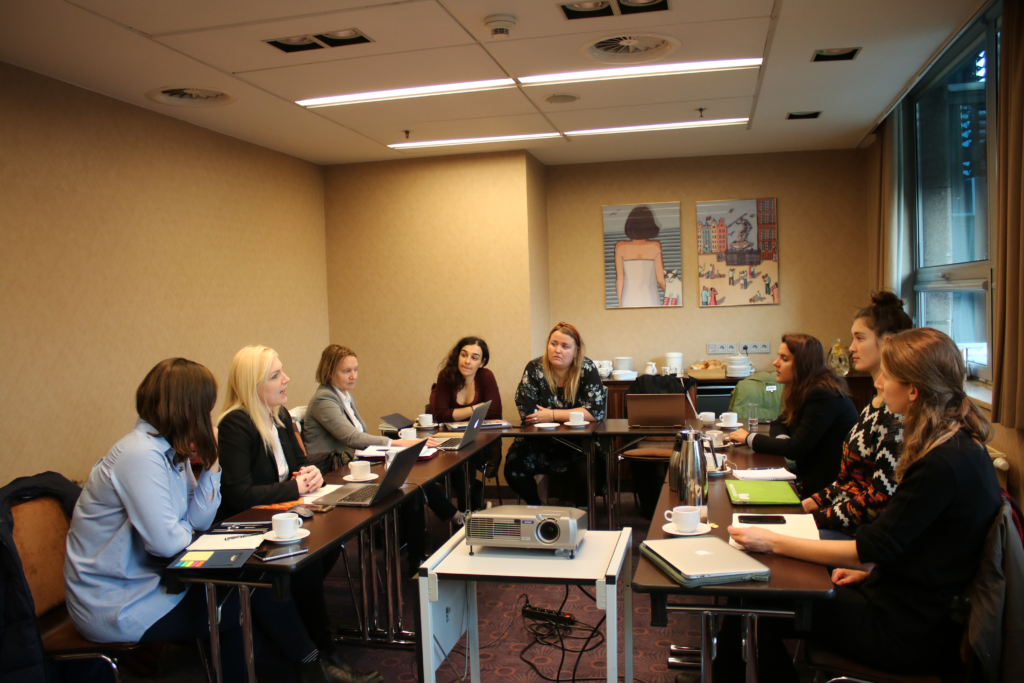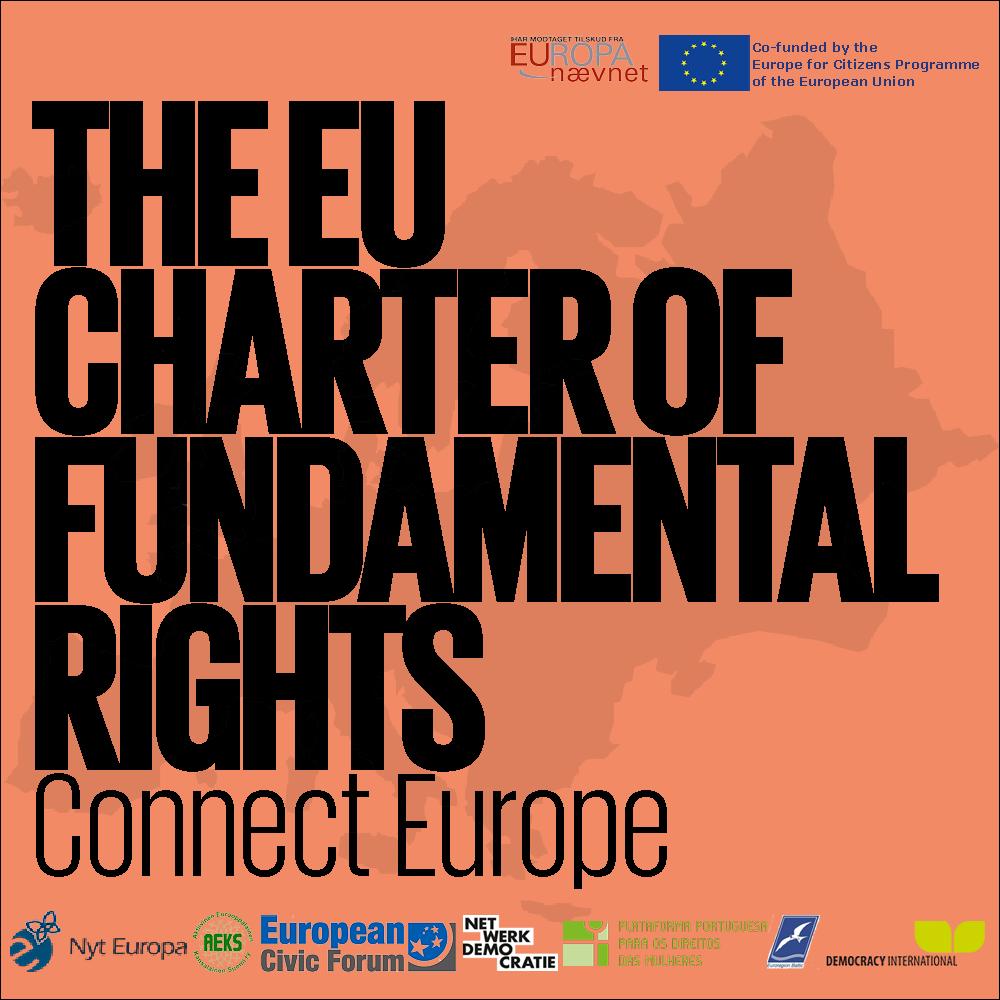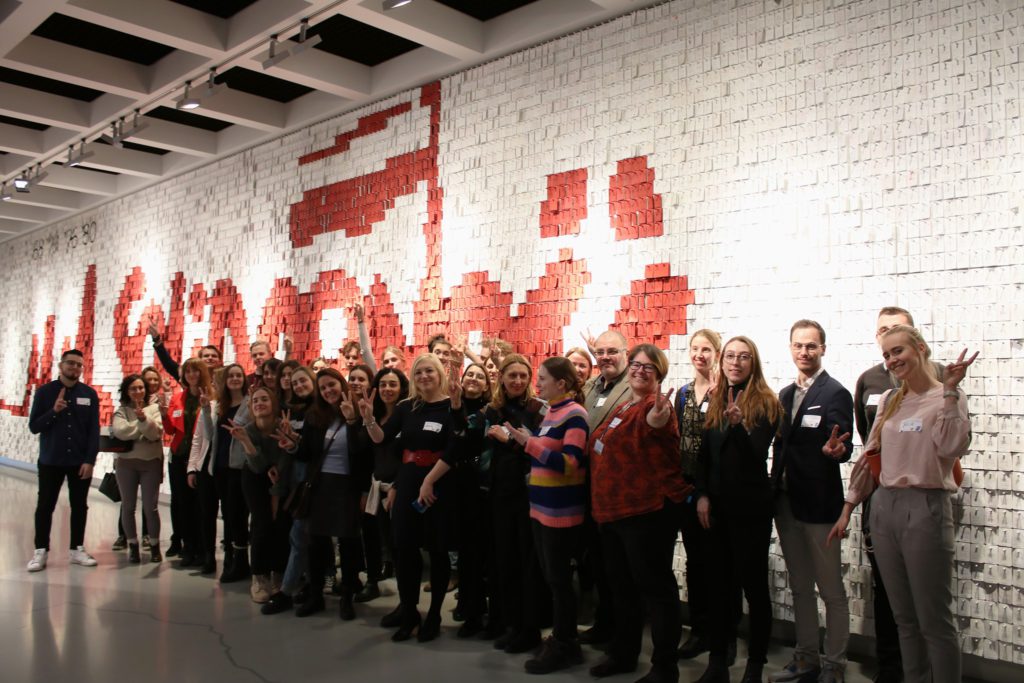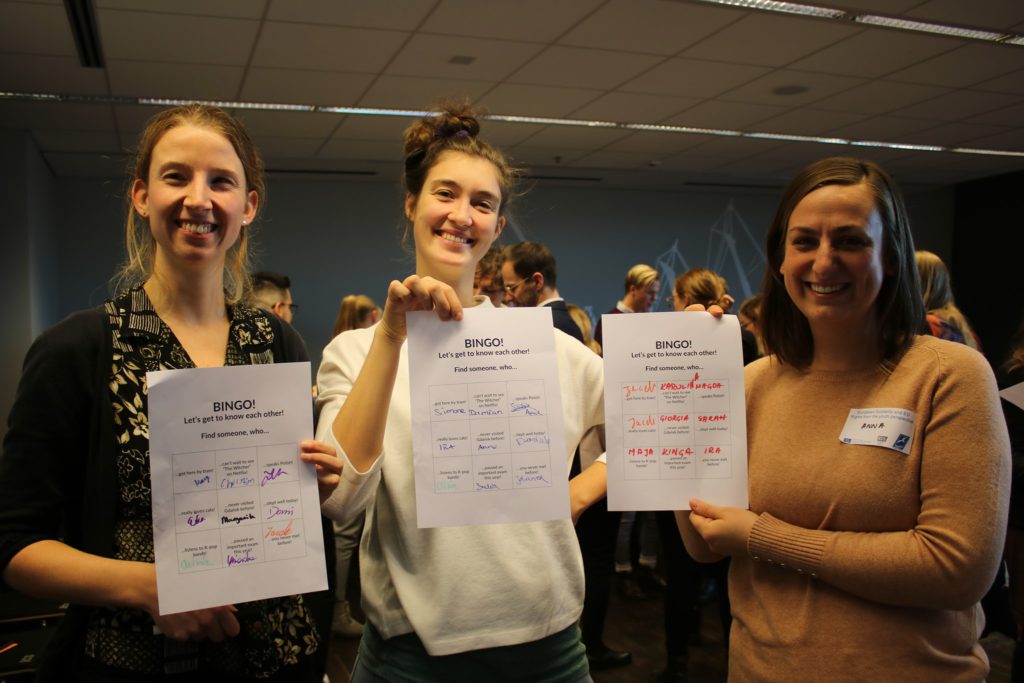On 2nd and 3rd December 2019, our Europe for Citizens project partners travelled to Gdansk, Poland, to visit us and engage in a conversation centring around the theme of Solidarity.
What is the Connect Europe project about? This project aims to connect citizens and civil society representatives with the EU Charter of Fundamental Rights. The European values are threatened with increased populism and nationalism around Europe. We want to raise awareness about the EU charter and discuss our fundamental rights as citizens of the EU. It is essential for all the partners in this project to counter these right-wing movements and instead promote a visionary and factual based discussion. In this project, we aim to take a different approach when it comes to communicating EU issues. Our strategic point of departure is starting a conversation about the common, cross-border challenges that will create a fora where common solutions can be discussed in a constructive manner. The topic of a common future is the starting point for citizens-to-citizens dialogue. This will move the discussion from a pro- or against the EU towards a more visionary, value- and fact-based discussion.

In a tour of the city we learned of the hardships, battles and historical events that had taken place in this war-tormemded city – historically a place for outside forces to claim with little disregard for the existing population. But also, a city that should come to play a profound role in the healing of Europe and fall of the communist regime.
The key to this story we found at the old shipyard. Today a peaceful sight and build in its place, the European Solidarity Center, a museum, but in earlier days a centre of deadly worker struggles, a fight for justice and – in the end – the birthplace of free trade unions in Poland. Sparks may have flown here but as it turned out, the same sparks that sprung from the suffering of suppressed workers lighted the fire of democracy and foresaw the end of communism.
Solidarity
The European charter for fundamental rights has a chapter especially suited to converse about in this historical place, Chapter IV, Solidarity and especially Article 28:
Article 28
Right of collective bargaining and action
Workers and employers, or their respective organisations, have, in accordance with Community law and national laws and practices, the right to negotiate and conclude collective agreements at the appropriate levels and, in cases of conflicts of interest, to take collective action to defend their interests, including strike action.
Solidarity was also the name of the first free trade union in Polen, Solidarność, who’s leader, Lech Wałęsa, was later elected for president and awarded the Nobel Peace Price. But in the beginning, it was a social movement that trough civil resistance worked to ensure social change and workers rights.
A place for solidarity
European solidarity centre today houses the story of the struggles of Solidarność and the Polish struggle for democracy. This special day it also housed us, a school class of youngster who was to learn about the story as well as debating amongst themself what the idea of solidarity meant for them.

When asked to reflect upon the meaning of solidarity the students came up with many responses – it’s about teamwork, coming together, acceptance. But also, it is about power and action. The power of the many was not lost on the youth who was inspired by the stories of the past.
As Jacek Koltan, deputy director of European Solidarity Center puts it, one of the most important demands today is the need for physical spaces where we can create a sense of community and debates the struggles of today. The issues we face, such as climate changes and social division, is those of great complexity that we need to come together around if we are to find sustainable solutions.


Perhaps that is also what we need today. New spaces to reflect on our shared interest. Together we stand, divided we fall.
See more in the video from Gdansk here:
